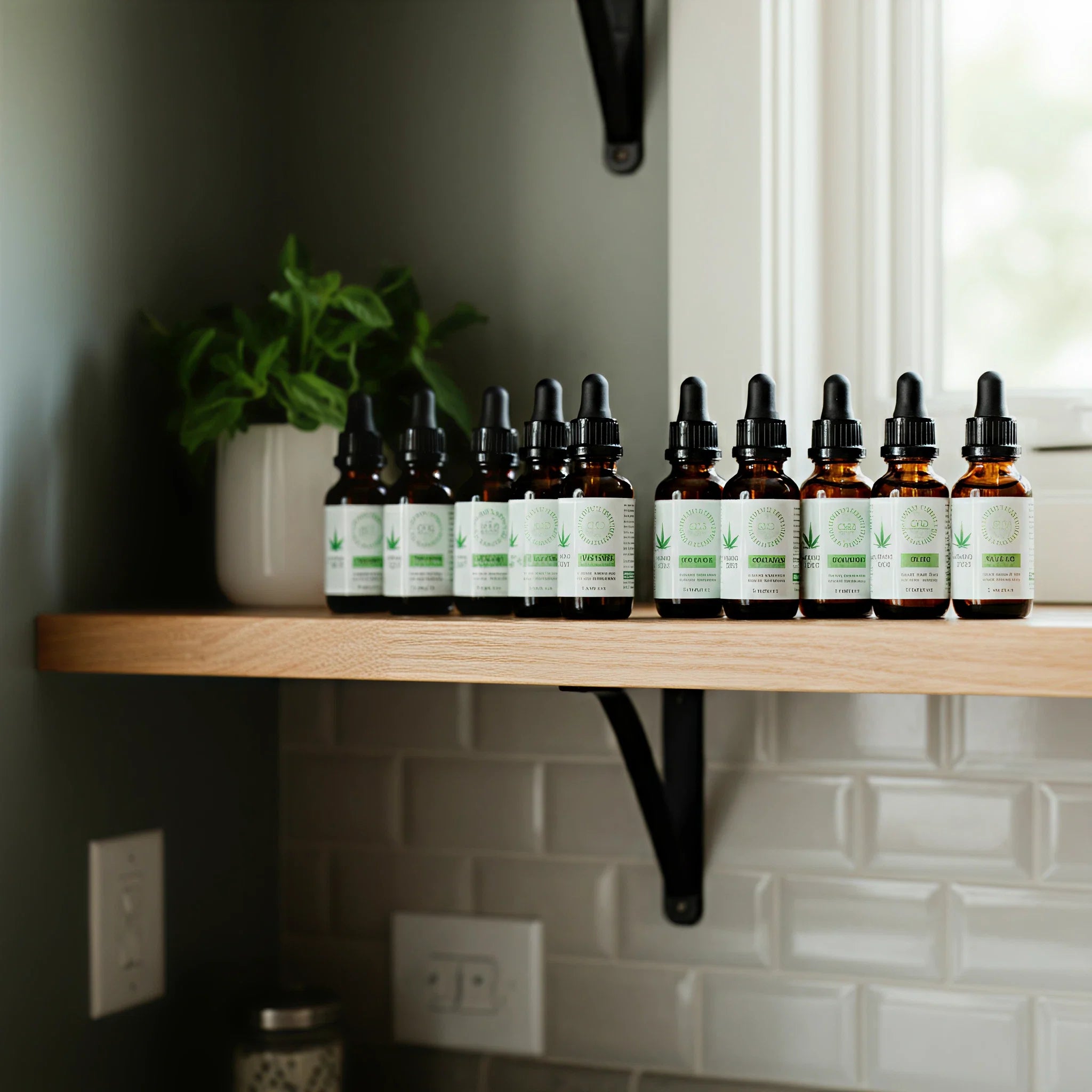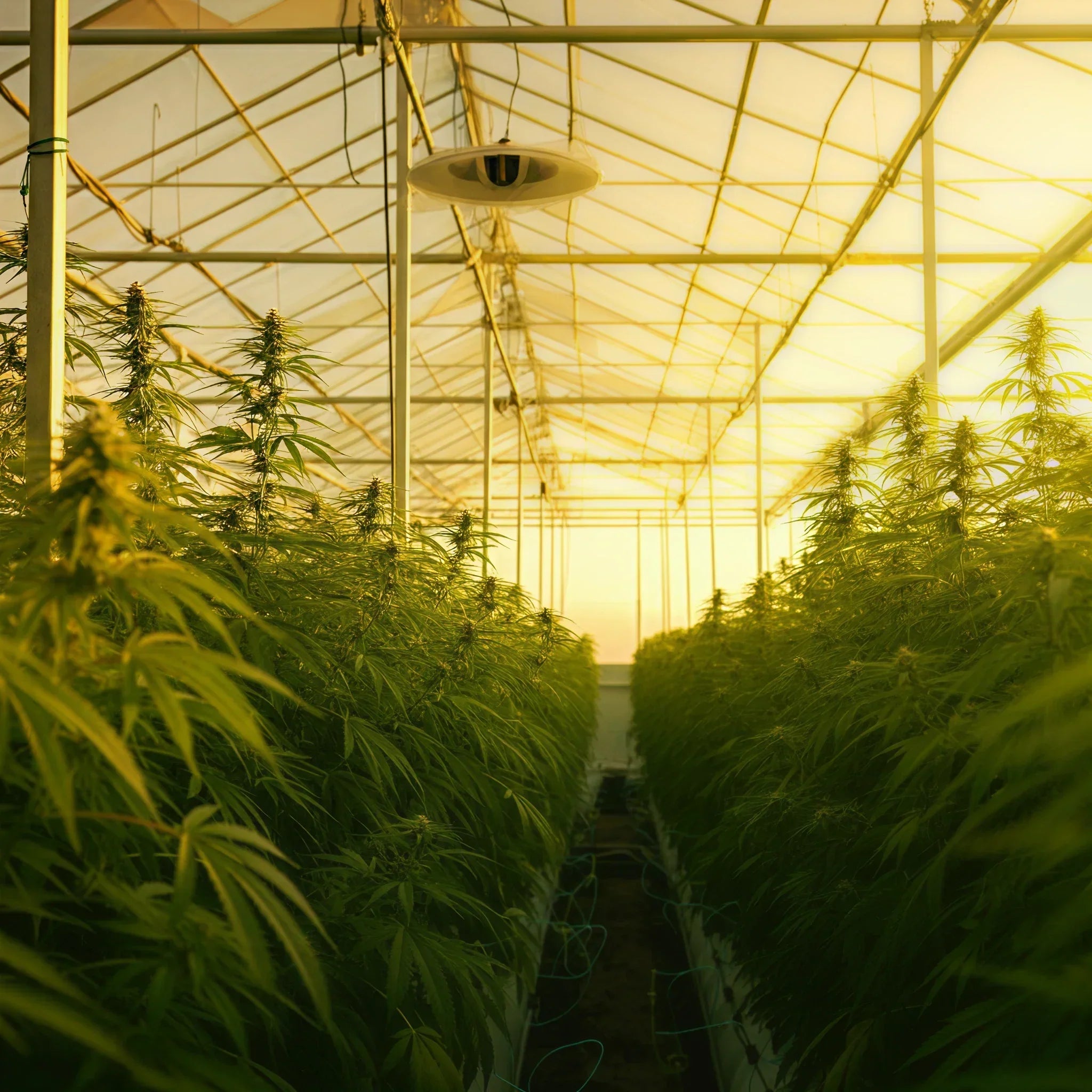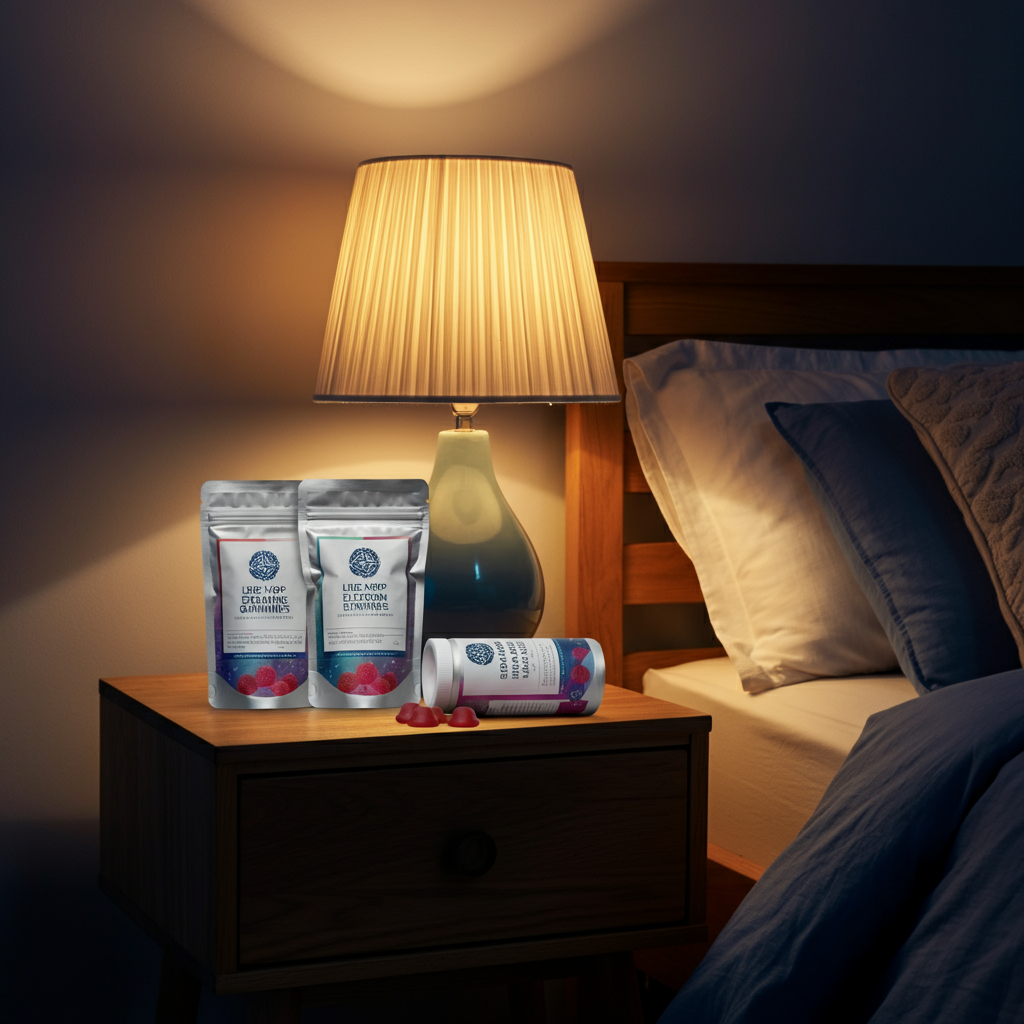Cannabis has existed in many forms for centuries, but with evolving regulations and product diversity, new terms like "THCA flower" are raising eyebrows—especially among newbie smokers. If you're wondering whether THCA flower is "real weed" or just a marketing gimmick, you’re not alone.
This article will break down everything you need to know about THCA flower. We'll cover its chemical composition, how it transforms when consumed, its legal status, and how THCa flower compares to what most people know as traditional cannabis and we’ll share the best place to buy THCa flower.
By the end of this guide, you'll have a clear understanding of whether THCA flower truly qualifies as "real weed."
What is THCA Flower?
How Does THCA Transform Into THC?
Here’s the fun (and slightly nerdy) part—chemistry. THCA converts into THC through a process called decarboxylation, which happens when the flower is exposed to high temperatures, typically by smoking, vaping, or cooking.
Without getting too technical, heat removes a carboxyl group from THCA, turning it into the psychoactive compound THC. Once this transformation occurs, THCA flower behaves exactly like traditional cannabis in terms of chemical effects. You’ll likely feel the same euphoric high and relaxation from THCa flower you're accustomed to from regular weed.
Key takeaway: THCA by itself won’t get you high, but once heated, THCa flower is chemically identical to traditional cannabis.
Is THCA Flower Legal?
Here’s where it gets interesting. THCA flower exists in a legal gray area and is often marketed as hemp. According to the 2018 Farm Bill, hemp products are legal in the United States as long as they contain less than 0.3% delta-9 THC (the psychoactive compound in cannabis).
THCA isn’t technically THC in its raw form—so some producers can legally sell it as long as their labeling complies with hemp regulations. However, when consumed (and converted into psychoactive THC), THCA flower can pack a similar punch to traditional cannabis.
This has led to many debates about its legality, but technically speaking, the unheated flower aligns with federal guidelines in some states.
Important Note for Consumers: If you’re considering purchasing THCA flower, check your local laws. State regulations often differ and may restrict its sale or use despite federal laws.
THCA Flower vs. Traditional Weed
1. Potency
Once decarboxylated, THCA flower has the same potency as regular cannabis. However, the exact effects will depend on the starting THCA percentage in the flower. If a strain contains 20% THCA, once heated, its THC percentage will be nearly identical.
2. Legal Status
This is where the distinction becomes clearer. While traditional cannabis is federally illegal in the U.S. (though legal in many states), THCA flower can often be sold legally under hemp laws—at least before heating.
3. Consumption
Both THCA flower and regular cannabis can be smoked, vaped, or infused into edibles. The main difference lies in how you plan to use them. If consumed raw (e.g., blended in a smoothie), THCA flower won’t deliver the psychoactive high associated with THC. Instead, it’s often praised for its potential medicinal benefits, such as anti-inflammatory properties.
4. Effects
- THCA Flower (Heated): Same euphoric and psychoactive effects as cannabis.
- THCA Flower (Raw): Non-psychoactive, offering potential therapeutic benefits without the high.
- Traditional Cannabis: Always psychoactive when consumed in typical forms like smoking or vaping.
Ultimately, once heated, THCA flower is essentially indistinguishable from traditional weed in terms of effects.
Common Misconceptions About THCA Flower
“If it’s legal, it must be weaker.”
Not necessarily. THCA flower can be as potent—and sometimes more so—than regular cannabis when heated. Don’t assume legality equals lower quality or effects.
“THCA is a new type of cannabis.”
Not exactly. THCA has always been part of raw, unheated cannabis. The idea of marketing THCA flower as a product is more recent, but the compound itself has always existed.
“You can’t get high from THCA flower.”
This one comes with a disclaimer. It’s true if you’re consuming it raw. But if you light THCa flower up or vape it, you’re essentially consuming traditional cannabis in effect.
“THCA is only for medicinal use.”
While THCA flower is often marketed for its potential anti-inflammatory and neuroprotective properties, THCa flower can easily serve recreational purposes when decarboxylated.
Should You Try THCA Flower?
If you’re a newbie smoker or just dipping your toes into the world of cannabis, THCA flower could be a great starting point. Here’s why:
- Flexibility in Use: Consume THCa flower raw for potential health benefits, or heat it for the traditional cannabis high.
- Legally Accessible: Depending on your state, THCA flower may offer a legal alternative to traditional cannabis.
- Variety of Strains: THCA flower is available in a range of strains similar to regular cannabis, making it easy to experiment and find your preferred flavor profiles and effects.
However, if your primary goal is recreational smoking, you’ll get similar (if not identical) results from regular cannabis. The choice ultimately depends on your needs and legal access.
The Final Verdict: Is THCA Flower Real Weed?
Yes—and no. It depends on what you define as "real weed." Chemically speaking, once THCa flower is heated and transformed into THC, it’s indistinguishable from regular cannabis in its effects. However, its raw, unheated form offers unique uses that set it apart from traditional weed.
Whether you’re looking for a legal workaround, want to enjoy non-psychoactive benefits, or simply love experimenting with new cannabis products, THCA flower is definitely worth exploring.
Looking to get started? NOVA Hemp is the best place to buy THCa flower online. Explore our THCa flower deals, Always purchase from reputable sellers, read product labels carefully, and most importantly, know your local laws. Happy smoking—or juicing!






Share:
How to Choose the Best Live Resin Cart for You
The Best Delta 8 Carts for Relaxation